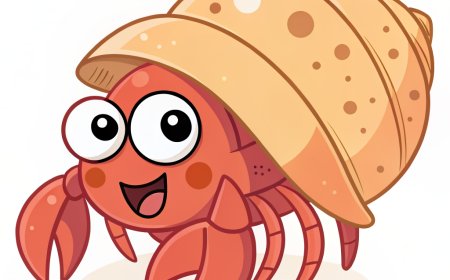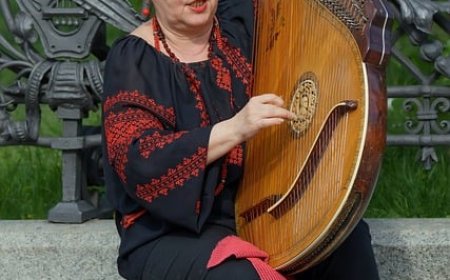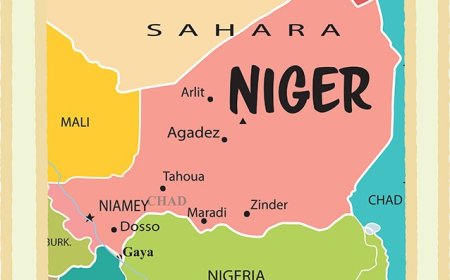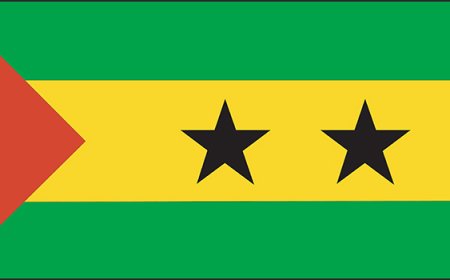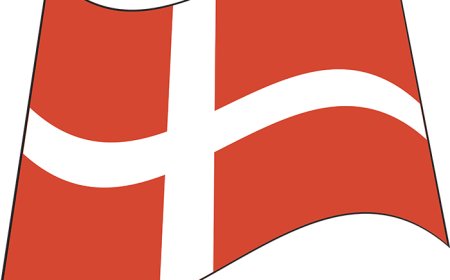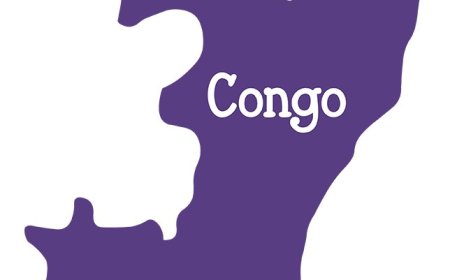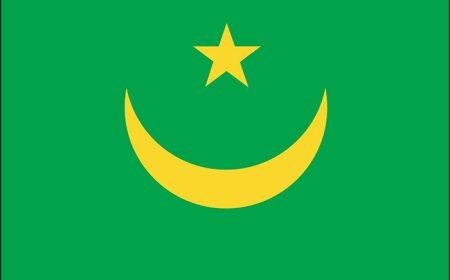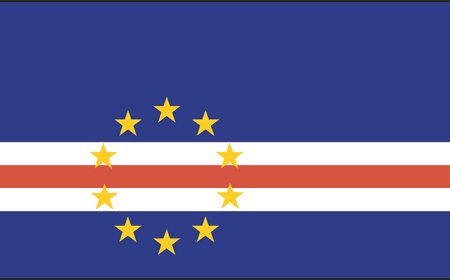Ghana for Students: Geography, History, and Culture of a West African Leader
Explore the geography, history, and vibrant culture of Ghana in this educational student article. Includes vocabulary, 8-question quiz, and aligned national education standards.
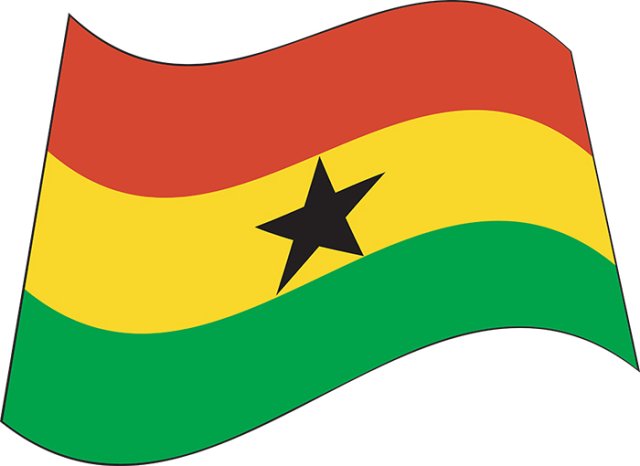
🌍 Introduction: A Nation of Rich Roots and Bright Futures
Ghana, located on the West African coast, is known for its gold, culture, and proud history. Once called the Gold Coast due to its abundant mineral resources, Ghana has long been a center of African civilization. It became the first sub-Saharan African country to gain independence in 1957 and is often seen as a leader in African democracy and progress.
From ancient empires and colorful kente cloth to energetic cities and music festivals, Ghana offers a powerful mix of tradition, pride, and modern development.
🗺️ Geography and Environment
Ghana is bordered by Côte d’Ivoire to the west, Burkina Faso to the north, Togo to the east, and the Atlantic Ocean to the south. The country spans about 239,000 square kilometers (92,000 square miles).
Ghana has diverse landscapes, including coastal plains, forests, hills, savannas, and rivers. The most important river is the Volta River, which forms Lake Volta, one of the largest man-made lakes in the world.
The southern region is humid and tropical, with rainforests and cocoa farms, while the northern region is drier and flatter, used for farming and grazing. Ghana’s climate has wet and dry seasons, and rainfall supports farming and hydroelectric power.
National parks like Kakum and Mole protect animals such as elephants, monkeys, antelopes, and hundreds of bird species.
🏛️ Government, Language, and Population
Ghana is a democratic republic with a president and parliament elected by the people. It has been praised for its peaceful elections and stable leadership in Africa. The capital city is Accra, a large coastal city with busy markets, beaches, schools, and government offices.
Ghana’s population is around 33 million people. The country is home to many ethnic groups, including the Akan, Mole-Dagbani, Ewe, and Ga-Adangbe. Each group has its own language and traditions, but English is the official language used in schools, courts, and media.
Most Ghanaians are Christian, while a smaller percentage are Muslim or practice traditional African religions. Religious holidays and ceremonies are important parts of life for all communities.
The currency is the Ghanaian cedi (GHS).
🎭 Culture and Daily Life
Ghanaian culture is rich in music, dance, clothing, food, festivals, and family traditions. One of the most famous symbols of Ghana is kente cloth, a colorful handwoven fabric made by the Ashanti people. It’s worn at celebrations, weddings, and ceremonies.
Ghanaians are known for their hospitality, and most meals are shared with family and friends. Common dishes include jollof rice, fufu (pounded cassava and plantain), banku (fermented corn dough), groundnut soup, and grilled tilapia.
Music is everywhere, from streets to schoolyards, with styles like highlife, hiplife, and Afrobeats combining African rhythms and modern sounds. Drums, shakers, and talking drums are used in traditional dances.
Families value education, respect for elders, and community responsibility. In rural areas, people farm, fish, or weave cloth, while in cities, people work in offices, schools, markets, or tech businesses.
📜 History: From Empires to Independence
Ghana’s history stretches back over a thousand years. It shares its name with the ancient Ghana Empire, a medieval kingdom located in present-day Mali and Mauritania. Later, the Ashanti Kingdom became one of the most powerful states in West Africa, known for its gold, warriors, and advanced government.
European traders arrived in the 1400s. The Portuguese, then the Dutch, British, and others, built castles and forts along the coast to trade gold, ivory, and slaves. Ghana became known as the Gold Coast.
In the 1800s, the British took control. Ghana’s independence movement grew under the leadership of Kwame Nkrumah, who became the first president in 1957. Ghana’s peaceful independence inspired other African nations to follow.
Today, Ghana honors its past through museums, historic forts, and public holidays like Independence Day and Founder’s Day.
💰 Economy and Resources
Ghana’s economy is built on natural resources, farming, and services. The country is rich in gold, cocoa, oil, bauxite, timber, and manganese. It is the second-largest cocoa producer in the world, and thousands of families grow cocoa beans on small farms.
Other crops include cassava, maize, plantains, and rice. Fishing and livestock are also important in rural areas. In cities, people work in banking, education, trade, and technology, especially in Accra and Kumasi.
Ghana’s growing tourism industry highlights its beaches, national parks, castles, and cultural festivals, attracting visitors from around the world.
🌿 Wildlife and Natural Beauty
Ghana protects its environment through parks and reserves like Mole National Park, where you can find elephants, antelope, and lions. Kakum National Park is famous for its canopy walkway, where visitors walk through the treetops.
The country has coastal lagoons, forests, wetlands, and savannas, each home to different plants and animals. Birds, butterflies, monkeys, and reptiles thrive here.
Eco-tourism is growing, as people explore waterfalls, caves, and traditional villages while helping preserve Ghana’s environment.
📚 Vocabulary List
Word Definition
Kente A colorful woven cloth worn in Ghana
Cedi The currency of Ghana
Fufu A soft dough made from cassava and plantains
Independence Freedom from colonial rule
Empire A group of lands under one ruler
Canopy walkway A bridge built high in forest trees for walking
Cocoa The seed used to make chocolate
Ashanti A major ethnic group and former kingdom in Ghana
🧒 Kid-Friendly Summary
Ghana is a West African country with lots of gold, colorful clothes, and happy music. People speak English and many local languages. In the city, there are tall buildings and busy streets, while the countryside has cocoa farms and villages. Ghanaians love dancing, storytelling, and eating yummy dishes like jollof rice and fufu. Ghana is proud to be the first African country to become independent and is still growing strong today!
🎯 Interactive Quiz: What Do You Know About Ghana?
1. What is the capital of Ghana?
a) Kumasi
b) Accra
c) Takoradi
d) Tamale
2. What is Ghana’s official language?
a) French
b) Arabic
c) English
d) Swahili
3. What is kente cloth?
a) A traditional drum
b) A type of rice
c) A woven fabric worn at ceremonies
d) A fishing net
4. Which river creates one of the largest man-made lakes in the world?
a) Niger
b) Volta
c) Nile
d) Congo
5. What crop is Ghana the second-largest producer of?
a) Bananas
b) Cocoa
c) Coffee
d) Tea
6. Who led Ghana to independence?
a) Nelson Mandela
b) Kofi Annan
c) Kwame Nkrumah
d) Julius Nyerere
7. What famous national park has a canopy walkway?
a) Mole National Park
b) Kakum National Park
c) Serengeti Park
d) Komodo Park
8. What is fufu made from?
a) Rice and corn
b) Beans and onions
c) Plantains and cassava
d) Yams and tomatoes














